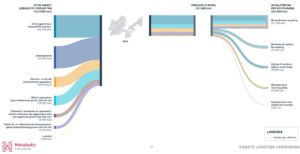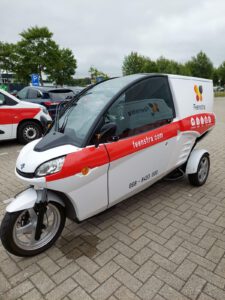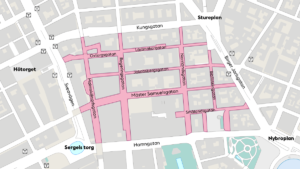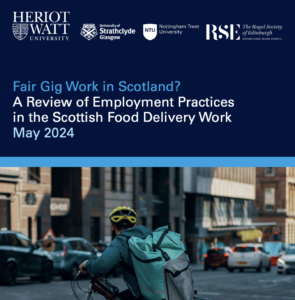Virtual loading bay launches in City of London
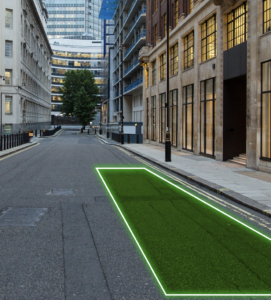
Cross River Partnership (CRP), a non-profit and impartial partnership organization, is excited to announce that the Watling Street Virtual Loading Bay is now live in the City of London Corporation. The Virtual Loading Bay is located outside the Ye Olde Watling pub and will be available to book for a six-month trial period. Virtual Loading Bays allow registered delivery drivers …


